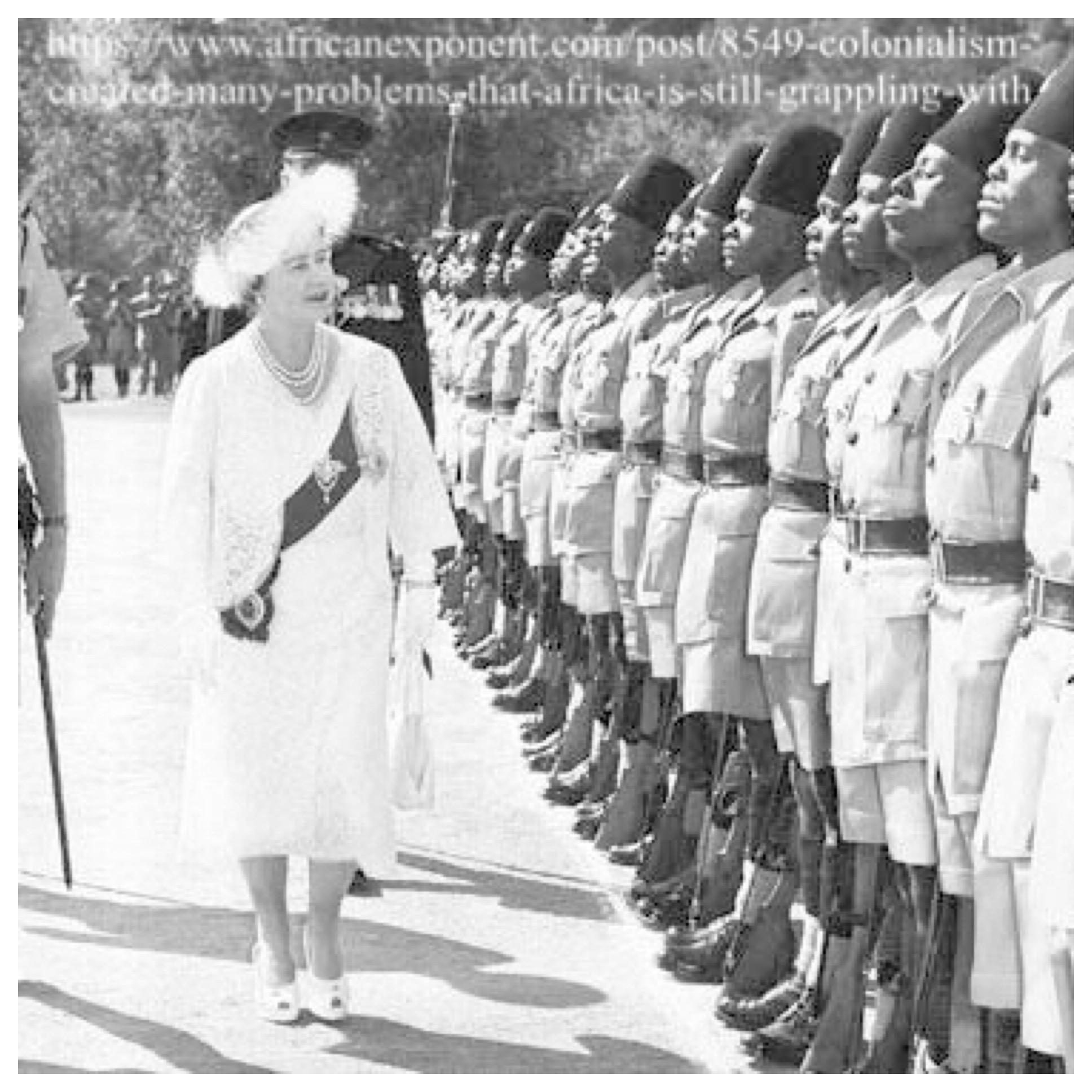The National Archives has recently released records from Britain’s involvement in the African slave trade and its colonization of Africa. At one point Britain had control or occupied 30% of Africa’s people. While most of the records were kept for administrative purposes and therefore reflect the attitudes of the British officials there are some with the voice of the Africans. These documents also include conditions in Africa and the people who lived there.
Colonial Office records are a good place to start
The Colonial Office records are suggested as a good starting point. Once colonies were formed each kept their own records. Each colony has volumes of correspondences, local government assemblies, acts and government newspapers. Most of these records are from the 19th and 20th century. However, there are records from Sierra Leone dating back to the 1760s. One important topic covered in the beginning records of course had to do with slaves. It records the Africans resistance and reactions to colonialism. As the British government became interested in economic issues there are also records about mining, agriculture, public health, infrastructure and more.
The Royal African Company
This company was founded in 1660 and survived to the 1820s in various forms. The company was a prominent part of the brutalities against slaves. There are records of the conditions of the coastal forts where the slaves were held till they were shipped to the west. These records also tell of the voyages to the Caribbean. It should be mentioned that once slavery was abolished the British government worked hard to suppresse the slave trade.
Foreign Office records were kept during the time before the colonies in Africa were created. These records were kept for those who were in the consuls and were tasked with looking after British trade, to manage the relations with rival powers, and to observe local conditions and events before they built their colonies. These records cover 1825 to 1905.
The record collection also includes records of African movements to end colonialism.
These kinds of records in The National Archives also include records from the push of African countries to end colonialism and their road to independence. As well as maps and photographs to look at. With these records you can get a glimpse into what it was like to be in Africa during colonialism times. If you are interested in these records head over to the National Archives https://www.nationalarchives.gov.uk/ and start your search.
We can help you find your ancestors. When you're ready, get in touch!


